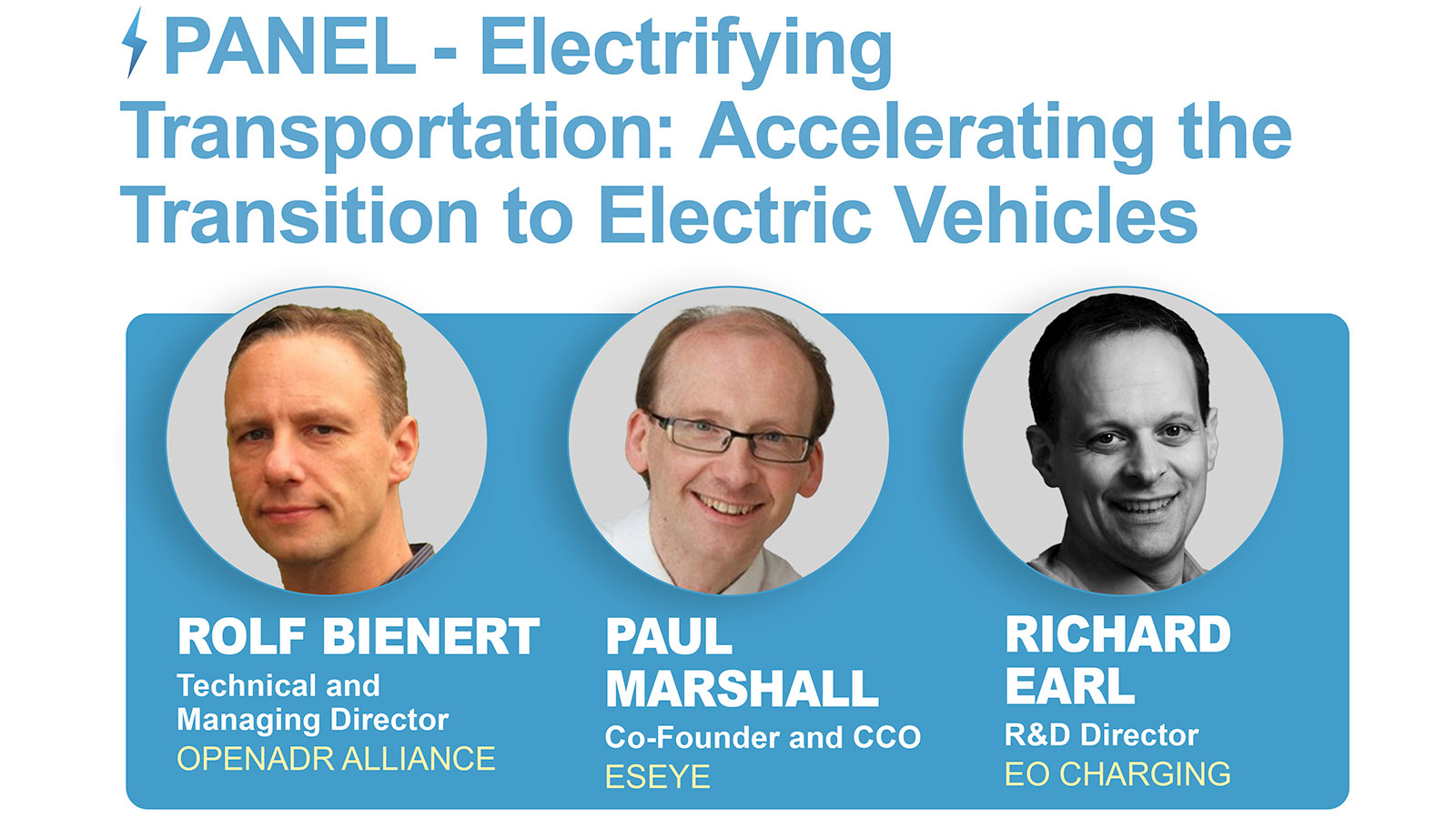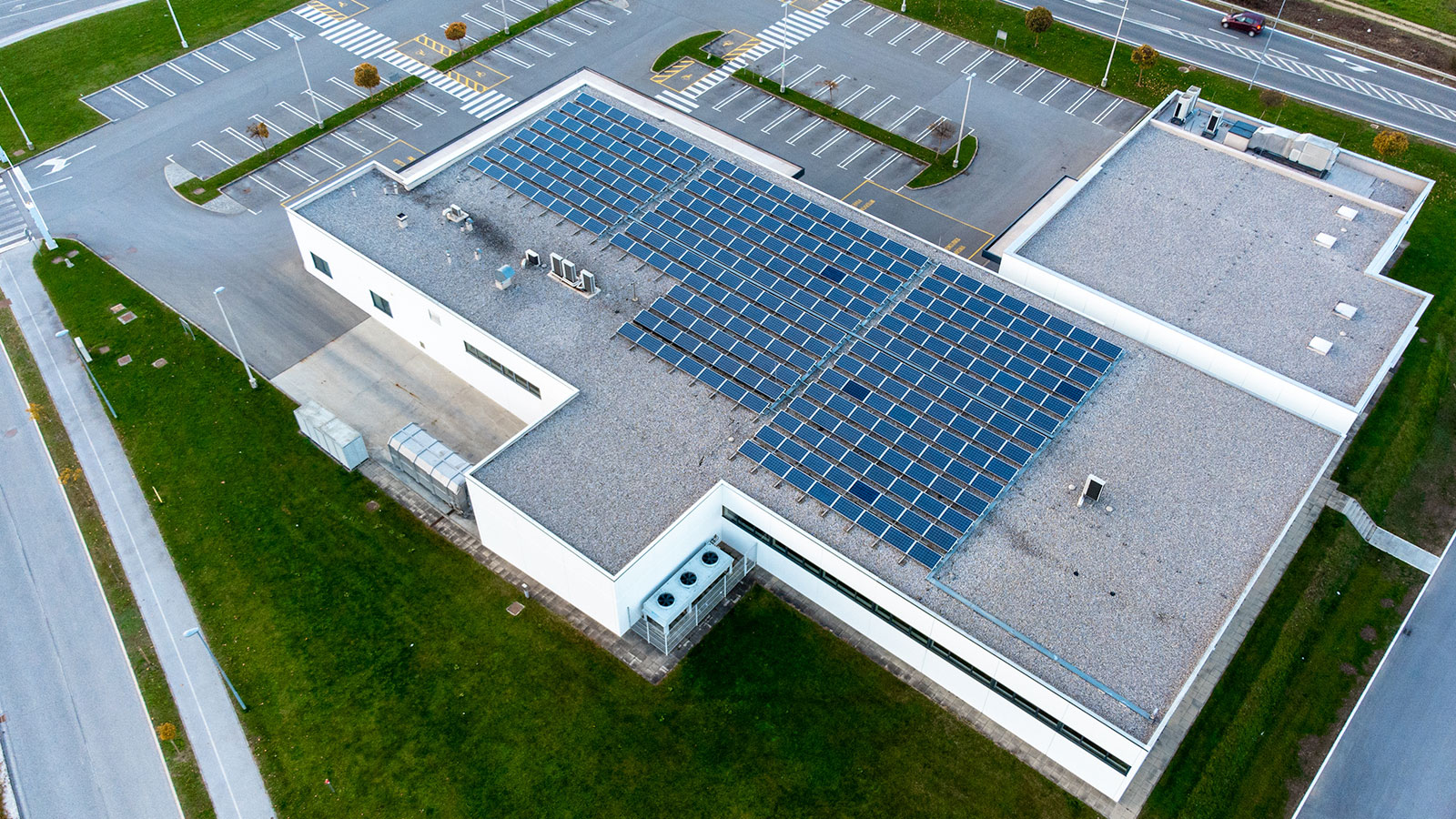UPS Systems managing director Tom Sperrey (pictured) today forecasted significant commercial growth for the UK fuel cell industry.
While countries like Germany, Japan and America have embraced fuel cell technology, the UK has until now lagged behind with high capital costs serving as a major barrier to widespread adoption of fuel cell technology.
However, Tom Sperrey believes the UK fuel cell landscape is to change in the next 12 months as costs fall with new products entering the market: "2010 is bringing with it a new wave of fuel cell activity. Already new products are launching into the market and companies continue to show interest in learning more about fuel cells and adopting clean technology. We are currently discussing fuel cell system roll-outs with several major corporates and NGOs.
"Under a grant from the Technology Strategy Board (TSB) we are part of a consortium working to develop new technologies that reduce the use of expensive materials in fuel cells. As these developments are rolled out commercially, we expect capital costs to fall and make the technology financially attainable for more businesses.
"Growth hotspots at present are traffic signalling, remote monitoring and security using smaller hydrogen and methanol fuel cells with power ranges between 25W to 150W for prime power and up to 15kW for standby power. Because smaller fuel cells are reliable, durable and portable, they are better suited to these types of applications.
"In these growth hotspots, fuel cells offer extended runtimes, for example, a fuel cell equipped with a 28 litre canister of methanol can easily operate equipment continuously for up to six months without human interference, therefore reducing the costs of manpower, transport and materials costs associated with sending someone to replace batteries on a regular basis.
"Smaller units have the potential to revolutionise the UK fuel cell industry. They are suitable for a range of applications and are proven technology in a growing number of commercial installations. With falling capital costs, and increased savings through lower running and maintenance costs, these smaller units are beginning to achieve widespread adoption across the UK. As capital costs fall, further applications become viable and create greater demand for fuel cells as an alternative and sustainable source of power."





